Catching Some Zzz’s
How lack of sleep is effecting students at WCHS
Seven out of ten students struggle with sleep deprivation in the U.S. Almost eighty percent of students in Florida get less than eight hours of sleep every night, ranking Florida to have one of the lowest sleep percentages in the U.S. Sleep deprivation has been a significant issue for years now and is affecting students everywhere. Teenagers at Wesley Chapel High School are seen falling asleep in class, avoiding socialization, and drowning themselves in music just to keep themselves awake.
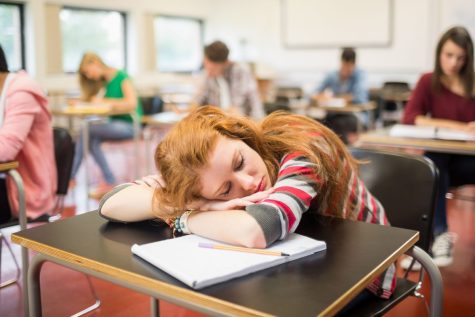
Many students struggle getting to sleep on time due to having after school activities and jobs. It may seem easy to blame the student for choosing these activities; that they are simply hurting themselves by working late or practicing sports yet sometimes they have no choice. They have goals to accomplish and need money for things like cars and college that cannot just be handed away. Sophomore, Kaylee McGinnis clarifies, “I get home late at like 10:00PM-11:30PM because I have cheer after school. The day after I’m always tired…I could never quit though because I love it too much.” Students like Kaylee have dedicated their time and life to their sports. It is extremely hard to just let go of something you have been doing for years. Yet, she explains she is always tired which has taken a toll on her daily life and performances. It is difficult to focus on school or sports if only receiving 5-6 hours of sleep a night. Junior, Rebecca Cleary explains, “I work after school and get home at like 11:00-11:30 PM. And I typically have like 2 hours of homework after that and end up getting to bed around 2:00 AM.” This demonstrates that she is only getting about 4 hours of sleep multiple days a week. This is severely unhealthy, considering teens are supposed to get around 8-10 hours of sleep every night to maintain a heathy lifestyle. Writer for the Child Mind Institute: Juliann Garey states, “Teens need nine hours of sleep a night for their developing brains. But studies show that close to 70% of teens don’t get that. Not getting sleep puts teens in a kind of haze.” To clarify, due to lack of sleep, students are unable to focus on schoolwork, or thrive in their day-to-day lives. Not only does sleep deprivation affect health, but it also affects many things such as school grades. Teachers often blame their students for not completing assignments, or getting bad grades, but they never consider the fact that students may simply not have the energy.
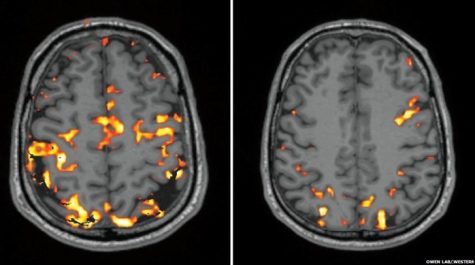
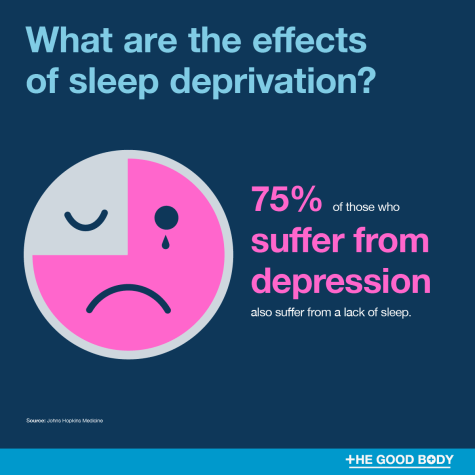
Lack of sleep results in a series of problems. For example, teens are more likely to develop mental illnesses such as depression, anxiety, and it can even cause sleep insomnia: A sleeping disorder that makes it exceedingly difficult to fall asleep, stay asleep, and results in you still feeling tired throughout the day. According to Siri Carpenter: a writer for the American Psychological Association, “Lack of sufficient sleep–a rampant problem among teens–appears to put adolescents at risk for cognitive and emotional difficulties, poor school performance, accidents and psychopathology, research suggests.” In other words, teens are being negatively affected in many ways due to sleep deprivation. It is extremely important for teens to take care of their minds and bodies so that in the future they lead better, healthier lives. Freshman, Amya Ramsey states, “I don’t get enough sleep. Instead, I’m up doing homework and taking care of my siblings. It’s emotionally draining.” This proves that not getting enough sleep can emotionally damage a person. Amya explains that she struggles with getting enough sleep and in return she feels sluggish and depressed. On average it takes 6-8 months to overcome depression, although it could be a life-long struggle for some. For this reason, it is crucial for people, especially teenagers, to receive at least 8 hours of sleep every night. “I get about 7 hours of sleep, but I’m still tired all the time at school.” Explains Senior student: Keira Menendez. This illustrates that 7 hours of sleep may seem like a good amount of time, yet clearly does not sustain a person enough to stay fully energized throughout the day.
In conclusion, lack of sleep has affected thousands of students on not only a local scale, but also affects students across the entire United States of America. It has caused multiple problems such as impaired brain activity, or development of mental and/or physical issues. It is a major problem that must be addressed.
Your donation will support the student journalists of Wesley Chapel High School. Your contribution will allow us to purchase equipment and cover our annual website hosting costs.




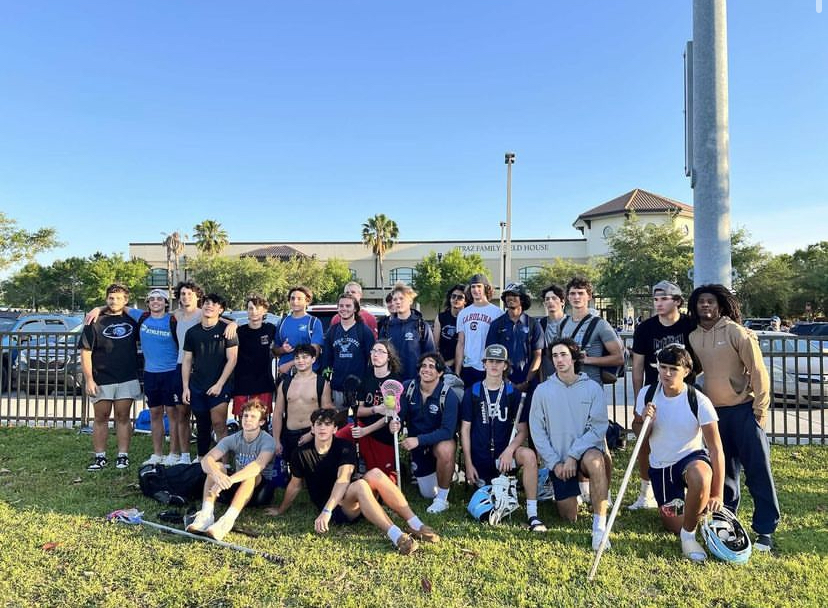







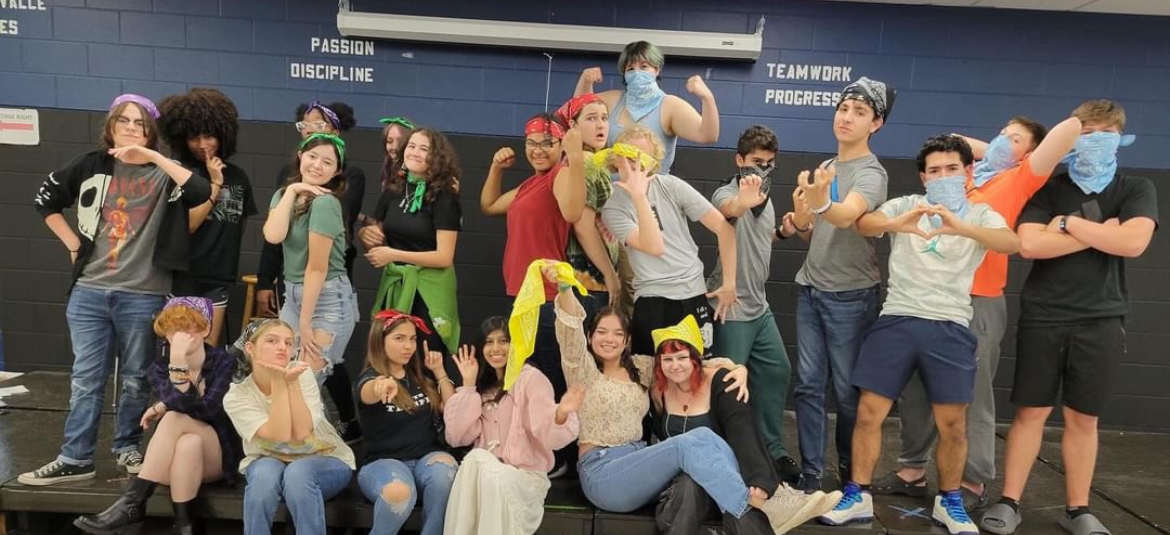





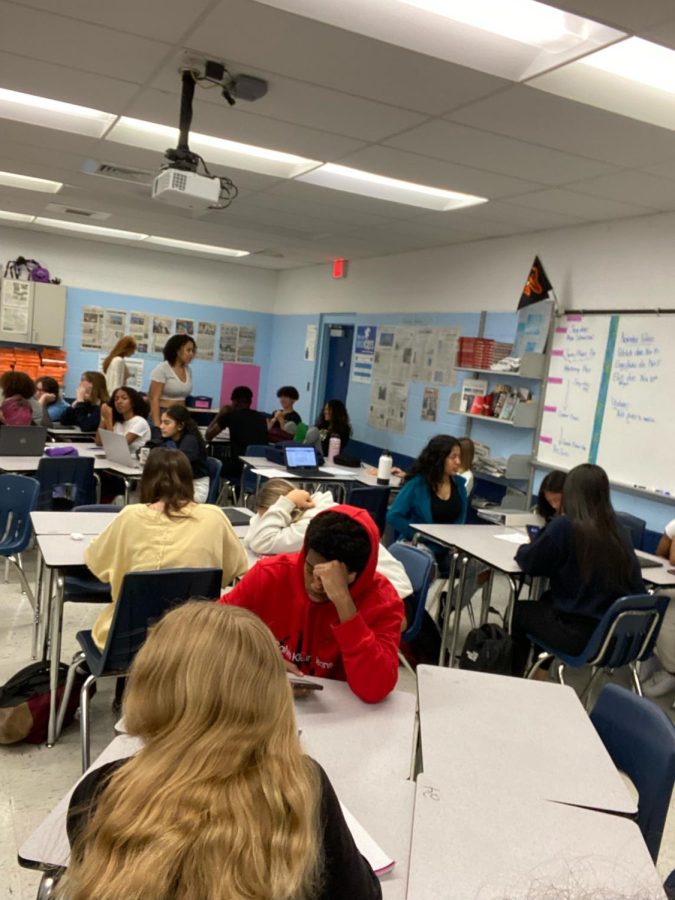
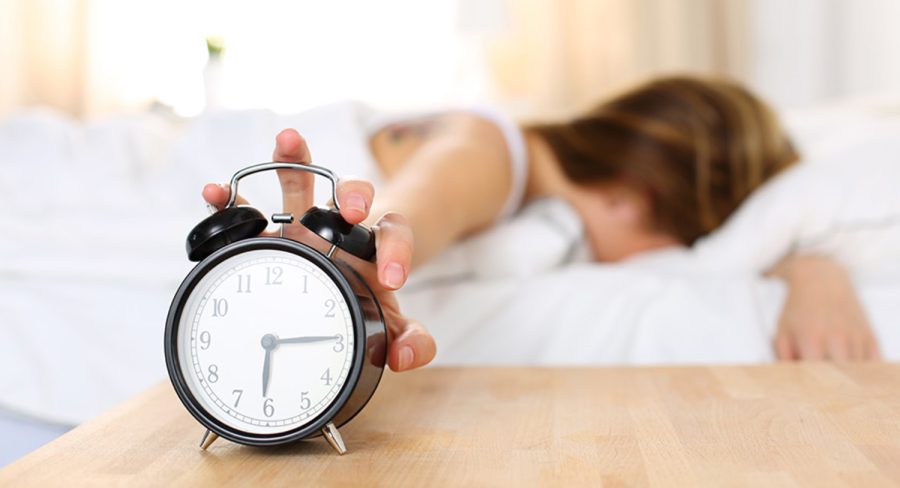








Benjamin • Feb 27, 2024 at 12:08 pm
This is such a well made article!